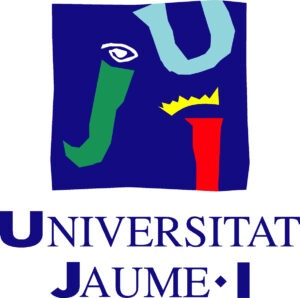THIS WEBSITE USES COOKIES
We use cookies to personalise content, to provide social media features, and to analyse our traffic. By choosing 'allow all cookies', you consent to our cookies.
To find out more, read our privacy policy and cookie policy.
DC7 – Compressive detection techniques for wide-field multiphoton microscopy
Samuel earned a bachelor’s degree in engineering physics from the Universidad Nacional de Colombia in 2020. Subsequently, in 2021, he pursued a master’s degree in engineering physics at the same university under the supervision of Prof Jorge Garcia-Sucerquia. There, his master’s thesis was centred on developing opto-numerical methods to improve the quality of the reconstructions in digital lensless holographic microscopy. This work resulted in methods, including algorithms, correction of artefacts in digital holograms, occlusion removal, and field of view enlargement in digital lensless holographic microscopy.
He is interested in developing and combining microscopy systems with computational methods to enhance their capabilities and performance. His areas of interest lie in single-pixel imaging, structured illumination, compressive sensing, multiphoton microscopy, digital holography microscopy, and quantitative phase imaging.
“I am excited to be part of the CONcISE project; its interdisciplinary nature will allow me to improve my professional and personal skills during my doctoral training.” – Samuel Zapata (DC7).
Samuel’s PhD programme is dedicated to the design of innovative light detection modules tailored for multidimensional nonlinear microscopy, employing structured light and compressive sensing to capture complex biological phenomena. The programme aims to develop novel methods and algorithms for merging information from diverse sensors using advanced data fusion techniques. Furthermore, it focuses on creating new algorithms for compressive sensing that leverage spatial modulation and multiple detectors to enhance imaging efficiency and resolution. Lastly, the program will integrate these detection modules into the nonlinear microscope system and evaluate their performance through the use of phantoms, in collaboration with DC6, aiming to significantly advance the capabilities of microscopic imaging. Samuel is carrying out his research at the University Jaume I (UJI) in Spain. Two secondments are planned throughout his employment.

Host: UJI
Supervisor: Enrique Tajahuerce

Host name: POLIMI
Supervisor: Prof Cosimo D’Andrea

Host name: CWI
Supervisor: Dr Felix Lucka